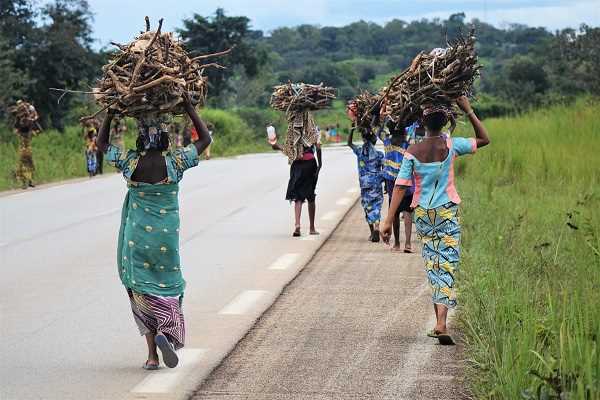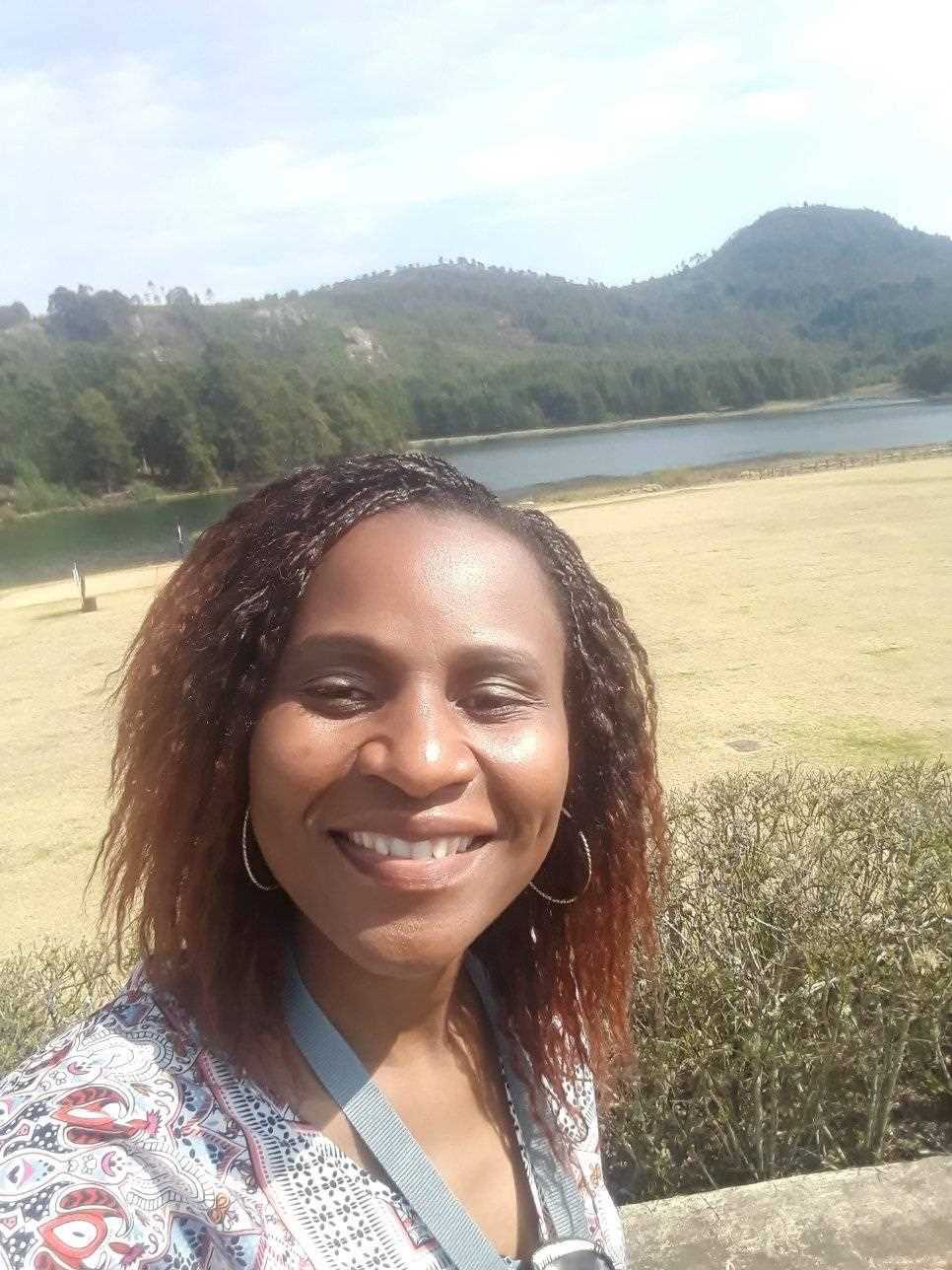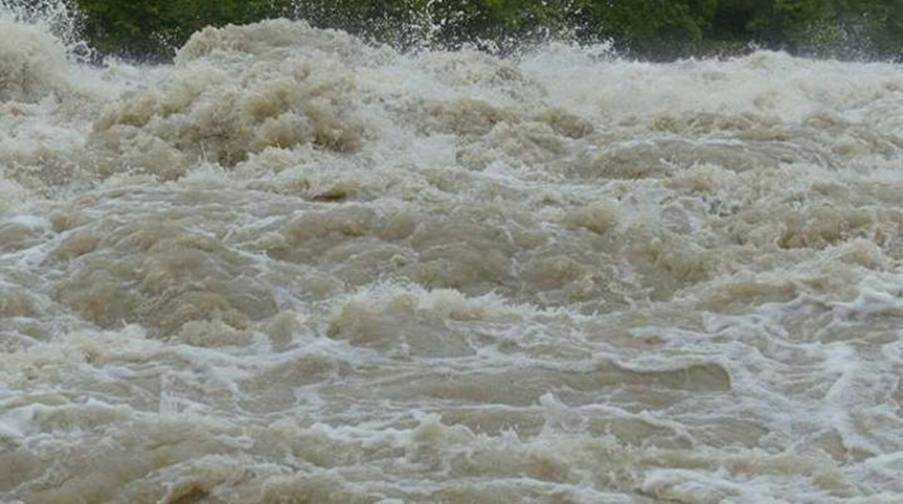
Philemon Jambaya
Climate change is having a disproportionate impact on women in Zimbabwe, exacerbating existing gender inequalities. Women are more likely to live in poverty and rely on natural resources for their livelihoods, making them more vulnerable to the effects of climate change.
One of the most significant impacts of climate change in Zimbabwe is increased water scarcity. Women are responsible for collecting water for their households, and they often have to walk long distances to reach water sources. As droughts become more frequent and severe, women are spending even more time and energy collecting water, leaving them with less time to pursue other activities, such as education or income-generating activities.
Climate change is also impacting agriculture in Zimbabwe, which is a major source of employment and income for women.
Erratic rainfall patterns and droughts are making it difficult for farmers to produce crops, leading to food insecurity and malnutrition. Women are often the first to go hungry when there is not enough food.
In addition to the impacts on water and food security, climate change is also increasing the risk of gender-based violence. During natural disasters, such as floods and cyclones, women are more likely to be injured or killed than men. They are also more likely to be displaced from their homes and experience sexual violence.
Despite the challenges they face, women in Zimbabwe are playing a leading role in responding to climate change. They are developing innovative solutions to adapt to the impacts of climate change and build resilience. For example, women farmers are using drought-tolerant crops and water conservation techniques to improve their yields.
Women are also involved in community initiatives to plant trees, restore degraded land, and protect water sources.
There are a number of things that can be done to address the disproportionate impact of climate change on women in Zimbabwe.
One important step is to ensure that women are included in decision-making processes related to climate change adaptation and mitigation. Women’s needs and perspectives must be considered in the development and implementation of climate change policies and programmes.
Another important step is to invest in women’s empowerment and education. Women need the skills and knowledge to adapt to the impacts of climate change and build resilience. They also need access to financial resources and other resources to support their livelihoods.
“Climate change is a serious threat to women’s livelihoods and well-being in Zimbabwe,” said Patience Zvoushe, a climate activist and co-founder of the Zimbabwe Climate Change Network.
“Women are more likely to be poor and live in rural areas, where they are more vulnerable to the impacts of climate change, such as droughts and floods.”
Related Stories
“We need to put women at the center of climate action,” said Patricia Mabika, a Climate Change activist in Zimbabwe.
“Women have a critical role to play in managing natural resources, adapting to climate change, and building a more sustainable future.”
“One way to support women in climate action is to invest in climate-smart agriculture,” said Purity Mugayi, a farmer and member of the Zimbabwe Women Farmers Trust.
“Climate-smart agriculture practices can help farmers to produce more food with less water and fewer inputs, while also reducing their greenhouse gas emissions.”
“Another way to support women in climate action is to promote renewable energy technologies,” said Ruth Zindi, the founder of the Zimbabwe Renewable Energy Association.
“Renewable energy technologies, such as solar and wind power, can help to reduce Zimbabwe’s reliance on fossil fuels and mitigate the impacts of climate change.”
“We also need to raise awareness of the gendered impacts of climate change and empower women to participate in decision-making processes,” said Faith Mabika, the Executive Director of Green Zimbabwe Network.
“When women are involved in climate decision-making, we get better outcomes for everyone.”
The Zimbabwean government has taken a number of steps to address the disproportionate impact of climate change on women. In 2019, the government launched the Zimbabwe Climate Change Gender Action Plan.
It is also working with international partners to secure funding for climate change adaptation and mitigation projects.
Despite the progress that has been made, there is still more work to be done to address the disproportionate impact of climate change on women in Zimbabwe.
There is need to continue to invest in women's empowerment and education, and it needs to ensure that women have a meaningful voice in climate change decision-making.




















Leave Comments